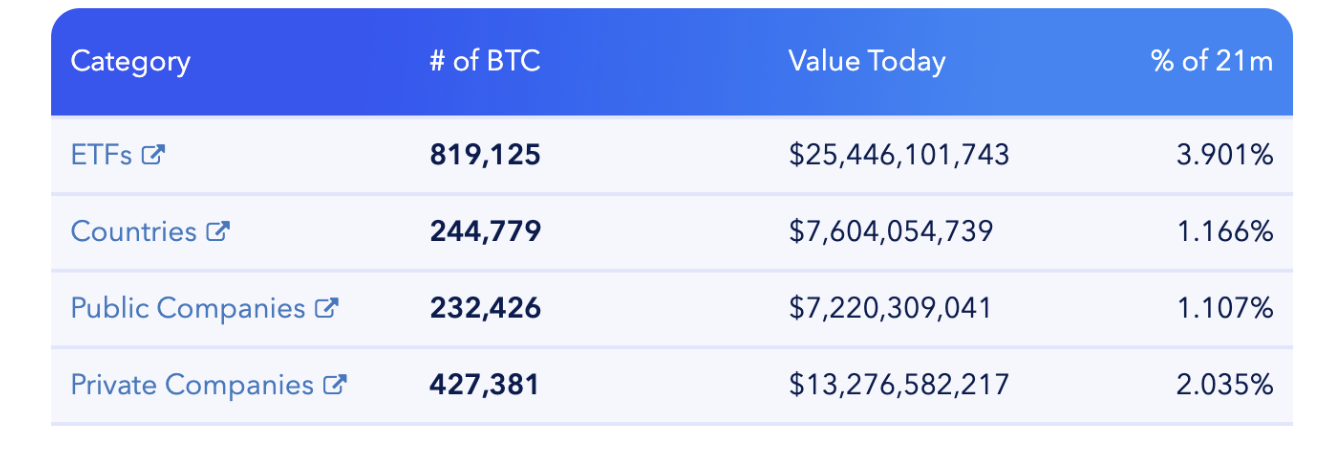As crypto started to rise in popularity, celebrities began investing, and some TV shows even aired crypto-related episodes. From Dj Khalid to Paris Hilton, and The Bing Bang Theory, now, companies such as Budweiser, Nike, Tesla, and many others are testing the waters and investing big in crypto.
In today’s article, we will discuss institutional investors by analyzing their role within the crypto ecosystem, their challenges, and, nonetheless, what good will result from this shift.
However, it is essential to do your research, either by reading a crypto blog or the daily news, to understand these rising trends better and, foremost, to know when it is the best time for crypto investing.
Stay close, and read further, because crypto investment is not only the retail side, and knowing general trends, especially about the institutional investors, could set you apart from a newbie crypto investor.
What are institutional investors?
Also known as “whales,” institutional investors represent the companies and organizations investing big on people’s behalf, whether retirement funds, mutual savings, or insurance. And this practice is not new, as these entities are acquiring substantial amounts of crypto to invest further, hoping that it will contribute to the next bull run, just like the last one, in 2020 – 2021.
To exemplify this better, we will present some hands-on examples so you can draw informed conclusions regarding these institutional investors, and for this, let us take Bitcoin as an example.
We all know that the broad tendency of many governments is not happy about the idea of giving legal recognition to cryptocurrencies. However, it is surprising that the same governments currently hold 8% of all the Bitcoin in the world. Let’s do the math: 1.6 million BTC are held by these institutional investors, worth approximately $50 billion.
Some of the top countries and governments that are investing in crypto are:
- China: 194,000 BTC worth $6,022,031,600;
- Ukraine (govt): 6,351 BTC valued at $1,438,799,931;
- El Salvador: 2,381 BTC with a value of $73,909,573;
- Finland: 1,981 BTC worth $61,493,013;
Regarding institutional investors, a recent study suggested that 47.1% maintained their crypto allocation over the past year, whereas 35.6% increased it during the same timeframe. And for the next 12 months, 50 % is expected to increase its holdings, and only 4.3% to reduce it.
And as of this month, most Bitcoin is currently held by ETFs, followed by countries and public and private companies.
Now let us talk real names, and we will start with a company that earnest the most Bitcoins, 140,000 BTC worth $4,345,796,000 – MicroStrategy. It all started when in August 2020, Michael Saylor bought $250 million worth of Bitcoin and an additional $175 million a month later.
Other prominent public players that own Bitcoin are Voyager Digital LTD with 12,260 BTCs, Marathon Digital Holdings Inc with 12,259 BTCs, Tesla with 10,725, and Hut 8 Mining Corp with 9,233 BTCs.
Why are institutional investors essential to crypto?
It all comes down to fresh money; whoever brings the most is more advantaged overall as an investment strategy. And with certainty, we can admit that institutional investors can finance more heavily than retail players.
Moreover, institutional investors encounter fewer stringent regulations, as they are presumed to possess knowledge and expertise compared to the average investor, and this opens the need for more explicit regulations.
When crypto started, there was much confusion about the government of these digital assets; however, it all started to change when big companies and organizations began investing, as they found the ecosystem very unpredictable but did not expect the moon landing. Based on the statistics and these influences, we can see a positive improvement, as many nations have given institutional investors more assurance and clarity.
Another reason for the implication of institutional investors could be that they influence the market, and it also moves alongside them. They have the best access to expertise from researchers, traders, and others, guiding their decisions.
Diversifying investment portfolios is another reason for this excellent adherence to crypto. Putting all the eggs in different baskets is the way to go, primarily when, until now, investors have confined themselves solely to conventional investments, such as stocks and real estate.
What is keeping institutional investors from diving into crypto?
It is great that we see such a significant shift into the mass adoption of crypto; however, the number one this that keeps institutional investors away from the crypto ecosystem is the need for more clarity, regulation, and protection.
And this can be seen even in the latest incident when SEC, the Securities and Exchange Commission, fined two major crypto exchanges for allowing people to trade 13 crypto assets that should have been registered as securities. This is not the issue, but it has been done in an old fashion way, through a “regulation by enforcement,” meaning no initial letters for making these entities aware of the situation, allowing them time to solve this.
So, now we can understand the reluctance of institutional investors toward crypto. Since they invest the most, they are expected to have and hold legal certainty, which can be attained through clear and concise rules or laws.
At this point, it is crucial to recognize that this matter is not simply a case of black and white. Striving to adhere to certain practices without practicality could potentially give rise to numerous additional complications.
Final Thoughts
In conclusion, the involvement of institutional investors in cryptocurrencies brings both opportunities and challenges. As the popularity of crypto continues to rise, institutional investors play a significant role in driving its adoption and influencing the market.
However, some hurdles hinder institutional investors from fully diving into crypto. The lack of clarity, regulation, and protection poses concerns for these investors who seek legal certainty and a well-defined framework.
By addressing regulatory concerns and fostering an environment that encourages responsible investment practices, the potential benefits of institutional involvement in crypto can be maximized while mitigating risks and ensuring the market’s long-term stability.
Notice: Information contained herein is not and should not be construed as an offer, solicitation, or recommendation to buy or sell securities. The information has been obtained from sources we believe to be reliable; however, no guarantee is made or implied with respect to its accuracy, timeliness, or completeness. Authors may own the cryptocurrency they discuss. The information and content are subject to change without notice. Visionary Financial and its affiliates do not provide investment, tax, legal, or accounting advice.
This material has been prepared for informational purposes only and is the opinion of the author, and is not intended to provide, and should not be relied on for, investment, tax, legal, accounting advice. You should consult your own investment, tax, legal, and accounting advisors before engaging in any transaction. All content published by Visionary Financial is not an endorsement whatsoever. Visionary Financial was compensated to submit this article. Please also visit our Privacy policy; disclaimer; and terms and conditions page for further information.













